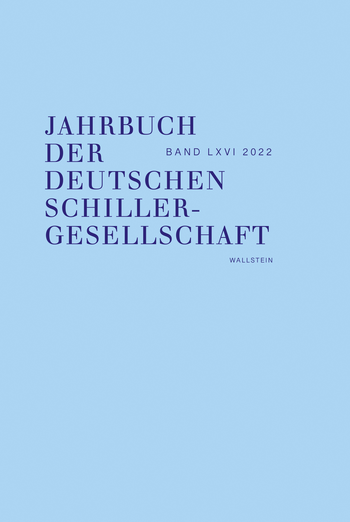

Many research on popular enlightenment has described the process of popularisation as a hierarchical transfer of knowledge: Knowledge emerges here in close exchange between a few scholars before it is passed on in simplified form to a wider audience. Against this view of a ›top-down‹ popularisation, interactionist models have prevailed in more recent studies. These models describe a production of knowledge in which scholars and common people are equally involved. This article tests the applicability of this model in an historical perspective and shows, on the basis of physico-theological texts from the early German Enlightenment, how an interactionist conception of knowledge popularisation could take concrete shape in the 18th century.